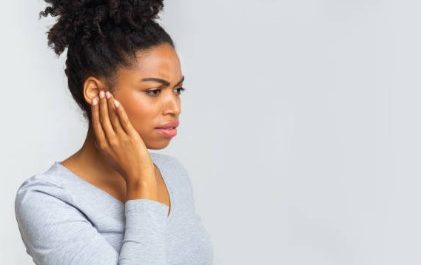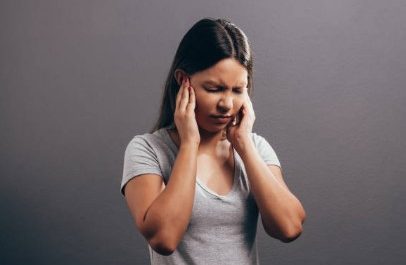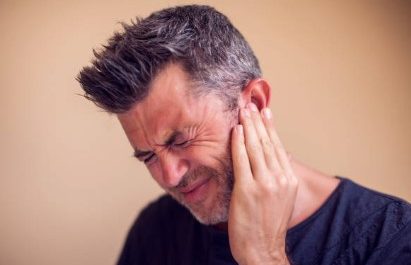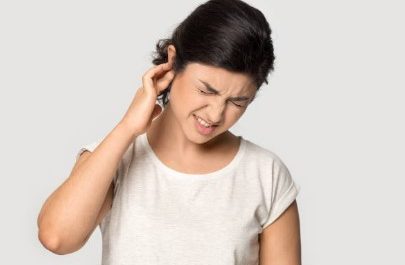The best ear drops for pain and infection depend on the specific cause and severity of the condition. It’s important to consult with a healthcare professional, such as a doctor or pharmacist, to determine which ear drops are best for your particular situation.
Some factors that may be taken into consideration when determining the best ear drops for pain and infection include:
- The cause of the pain and infection: Ear pain and infection can be caused by a variety of factors, including bacterial or fungal infections, swimmer’s ear, and other conditions. The specific cause will determine the type of ear drops that are most effective.
- The severity of the pain and infection: Ear drops that contain pain relievers or anesthetics may be recommended for more severe cases of ear pain, while antibiotics may be recommended for more severe bacterial infections.
- Medical history and allergies: It’s important to consider an individual’s medical history and any allergies they may have when selecting ear drops. Some ear drops may not be appropriate for individuals with certain medical conditions or allergies.
- Age: Some ear drops may not be appropriate for use in children or older adults. The healthcare professional can help determine the appropriate ear drops based on age.
Overall, the best way to determine the best ear drops for pain and infection is to consult with a healthcare professional who can evaluate your symptoms and medical history and provide appropriate recommendations.
Best ear drop for Pain and Infection
There are several ear drops that may be recommended by a healthcare professional for treating ear pain and infection. The best ear drops for pain and infection will depend on the cause and severity of the condition. Here are some examples of ear drops that may be recommended:
- Ciprofloxacin ear drops: This antibiotic ear drop is commonly used to treat ear infections caused by bacteria. It works by stopping the growth of bacteria and reducing inflammation in the ear. This medication should only be used under the guidance of a healthcare professional.
- Ofloxacin ear drops: This is another antibiotic ear drop that is used to treat bacterial ear infections. It works by stopping the growth of bacteria and reducing inflammation in the ear.
- Acetic acid ear drops: These ear drops help to restore the normal acidity of the ear canal, which can be disrupted by bacterial or fungal infections. They can also be used to help dry up excess fluid in the ear.
- Antipyrine and benzocaine ear drops: These ear drops contain a pain reliever (benzocaine) and a local anesthetic (antipyrine) that work together to relieve ear pain caused by ear infections, swimmer’s ear, and other conditions.
It’s important to note that ear drops should only be used as directed by a healthcare professional. They should not be used if there is a perforation (hole) in the eardrum, and they should be used with caution in individuals who have a history of ear problems or are allergic to any of the ingredients.
How to Prevent Ear Infection and Pain
There are several steps you can take to help prevent ear pain and infection:
- Practice good hygiene: Wash your hands regularly to reduce the spread of germs and bacteria. Avoid sharing personal items such as towels and earphones.
- Keep your ears dry: Moisture in the ear can promote the growth of bacteria and fungi. After swimming or showering, gently dry your ears with a towel or use a hair dryer on the lowest setting to dry your ear canal.
- Avoid inserting foreign objects into your ears: This includes cotton swabs, which can push wax and debris deeper into the ear canal and potentially cause injury.
- Treat allergies and colds promptly: Allergies and colds can lead to congestion and fluid buildup in the ear, which can increase the risk of infection. Treat these conditions promptly to help prevent complications.
- Protect your ears from loud noise: Prolonged exposure to loud noise can damage the delicate structures of the ear and increase the risk of infection. Wear ear protection such as earplugs or earmuffs when you are in loud environments.
- Quit smoking: Smoking can increase the risk of ear infections and make them more difficult to treat.
If you experience symptoms of ear pain or infection, seek medical attention promptly. Early treatment can help prevent complications and reduce the risk of more serious infections.





